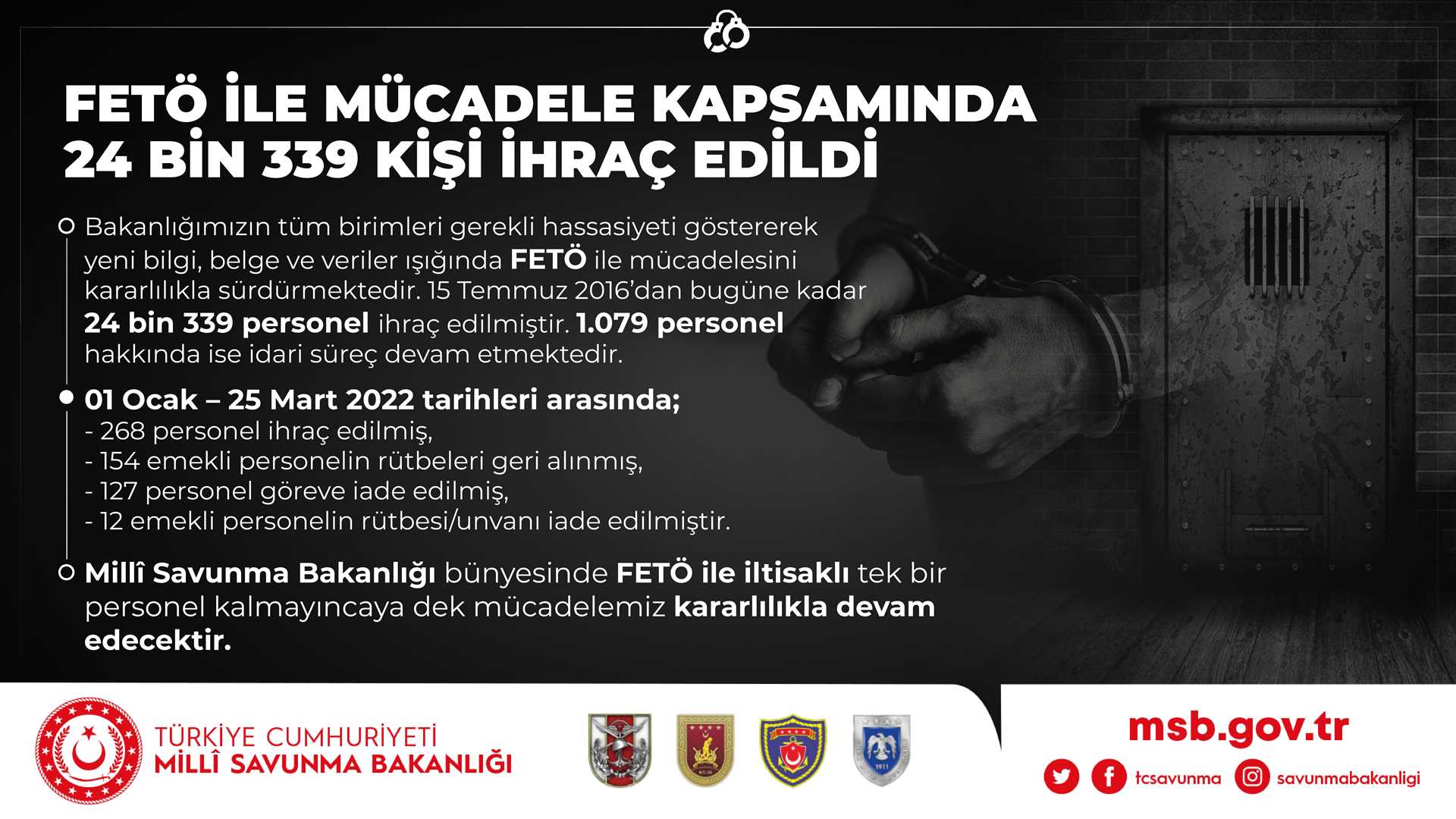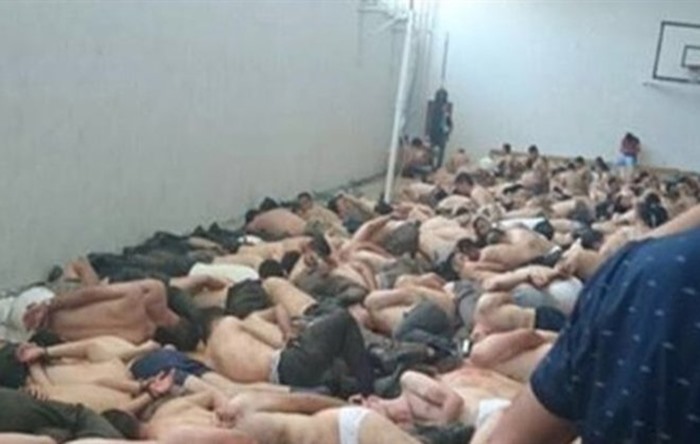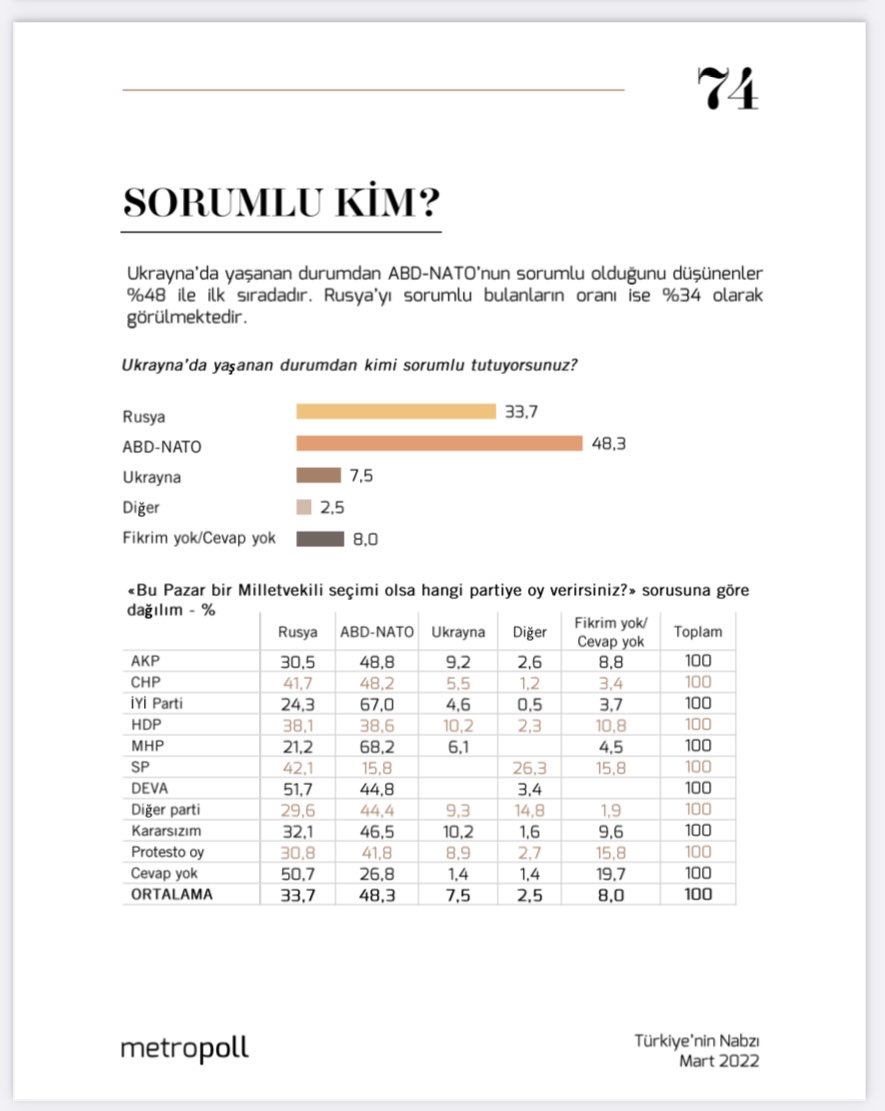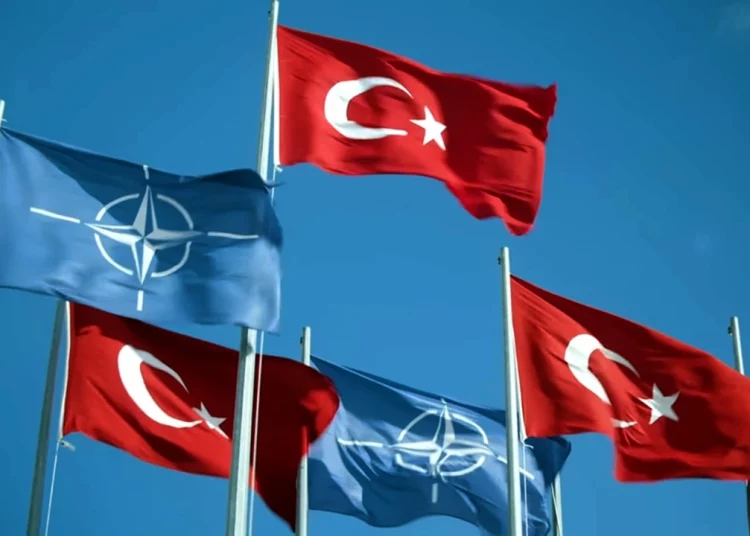Levent Kenez/Stockholm
The Turkish Ministry of Defense on Friday announced updated figures of staff purged from the Turkish military since 2016. Since an abortive coup on July 15, 2016, the Turkish government has been regularly dismissing commissioned officers, noncommissioned officers and civilian personnel on accusations of membership in FETÖ, a derogatory term coined by the the government of President Recep Tayyip Erdoğan to refer to the faith-based Gülen movement as a terrorist organization. No court decision is required to discharge officers from the military.
Approximately five times the number of officers allegedly involved in the coup attempt have been expelled from the military. Neo-nationalist retired officers and political groups that support the government insistently claim that these officers attempted a coup in Turkey by order of NATO and welcome the purges, given that they demand Turkey exit NATO.
According to the updated figures announced on Friday, 24,339 members of the Turkish Armed Forces (TSK) have been dismissed. The administrative process for removal is underway for 1,079 officers who will most likely be discharged in the coming days. In addition, the rank of 3,213 retired officers was revoked as if they had never served in the military.
According to the official account, 8,651 military members took part in the coup, corresponding to only 1.5 percent of the TSK. Of those 1,761 were conscripts and 1,214 were military cadets. Given the fact that some 150 generals and thousands of lower-ranking officers were sentenced on coup charges, military experts find it odd that such an insignificant number of troops took part in the coup attempt.

Purged generals who were convicted and handed down lengthy prison sentences or are still standing trial are accused of alleged links to the Gülen movement.
Homeland Party (VP) leader Doğu Perinçek, a neo-nationalist ally of Islamist President Erdoğan, on March 8 called on the government not to recognize any sanctions on Russia, claiming that Turkey will undertake new roles in the world with its armed forces, which he claims were freed after 2016. Perinçek proudly added that pro-NATO officers are in prisons in Turkey today.
Henri Barkey, director of the Middle East Program at the Washington-based Wilson Center, earlier said many of the generals dismissed by the Turkish government were pro-NATO and pro-American, foreseeing a possible shift in Turkey-NATO relations. Barkey later was indicted for abetting FETÖ in attempting to overthrow the government in 2020, and an arrest warrant was issued for him.
A Nordic Monitor survey in 2021 previously revealed that officers promoted to the rank of general in NATO’s second-largest army are relatively less educated and less qualified than their colleagues in previous years, particularly before 2016.
According to unwritten practice in the Turkish military, colonels who are staff officers, i.e., officers who graduated from the prestigious War Academies, which only accept candidates who pass a difficult entrance exam, were normally promoted to the rank of general. These staff colonels used to speak at least one foreign language, have master’s degrees in non-military fields and were specially trained in war strategies, military tactics and troop management. They were usually assigned to overseas missions, especially at NATO, and military attachés were selected from among them.

After the coup attempt in 2016, the government also changed the procedure by which staff officers were selected, which it saw as a threat. Firstly, the War Academies were closed and a new faculty was established at the recently opened National Defense University under the name of the Joint War Institute.
A new examination system has been introduced in which the government decides who can be a staff officer. Officers from the rank of first lieutenant to lieutenant colonel are now eligible to take the staff exam, which was previously only available to first lieutenants and captains. Candidates who have the chance to become staff officers will first take part in distance learning offered by the National Defense University. Those who pass the final exams will be accepted to staff officer training in two different seasons.
İsmail Hakkı Pekin, a former intelligence chief at the General Staff and a close ally of Perinçek, the chairman of Turkey’s pro-Russian, ultranationalist VP, claimed on a TV show in July 2019 that imprisoned officers were very hard working, smart boys who did their jobs well.
“They had master’s degrees and doctorates. Very qualified officers. If one were to ask me whom I prefer working within the army, I would surely select them.”
With the dismissal of pro-NATO officers and the Erdoğan government paving the way for officers who supported it, the influence on Turkish public opinion of retired neo-nationalist officers, known as Eurasianists, who advocate Turkey’s alliance with the Russia-China-Iran axis, increased. These officers make frequent comments on pro-government TV stations. In addition secular television channels that are known for their opposition to the government also feature them as guests.

While they are not the only factor, the results of a new survey offer clues as to whether they are successful in influencing public opinion. More than 48 percent of Turks hold the United States and NATO, of which Turkey has been a member since 1952, responsible for the Russian invasion of Ukraine, while only 34 percent think Russia is responsible for the invasion, according to the results of a recent survey.
When the participants in the survey, conducted by the Ankara-based Metropoll company, were asked, “Who do you hold responsible for the invasion of Ukraine?” 48.3 percent said they hold the US and NATO responsible, while 33.7 percent said it was Russia and 7.5 percent said it was Ukraine that was responsible for the Russian invasion of itself, which began on Feb. 24, sparking international condemnation and sanctions against Russia.












